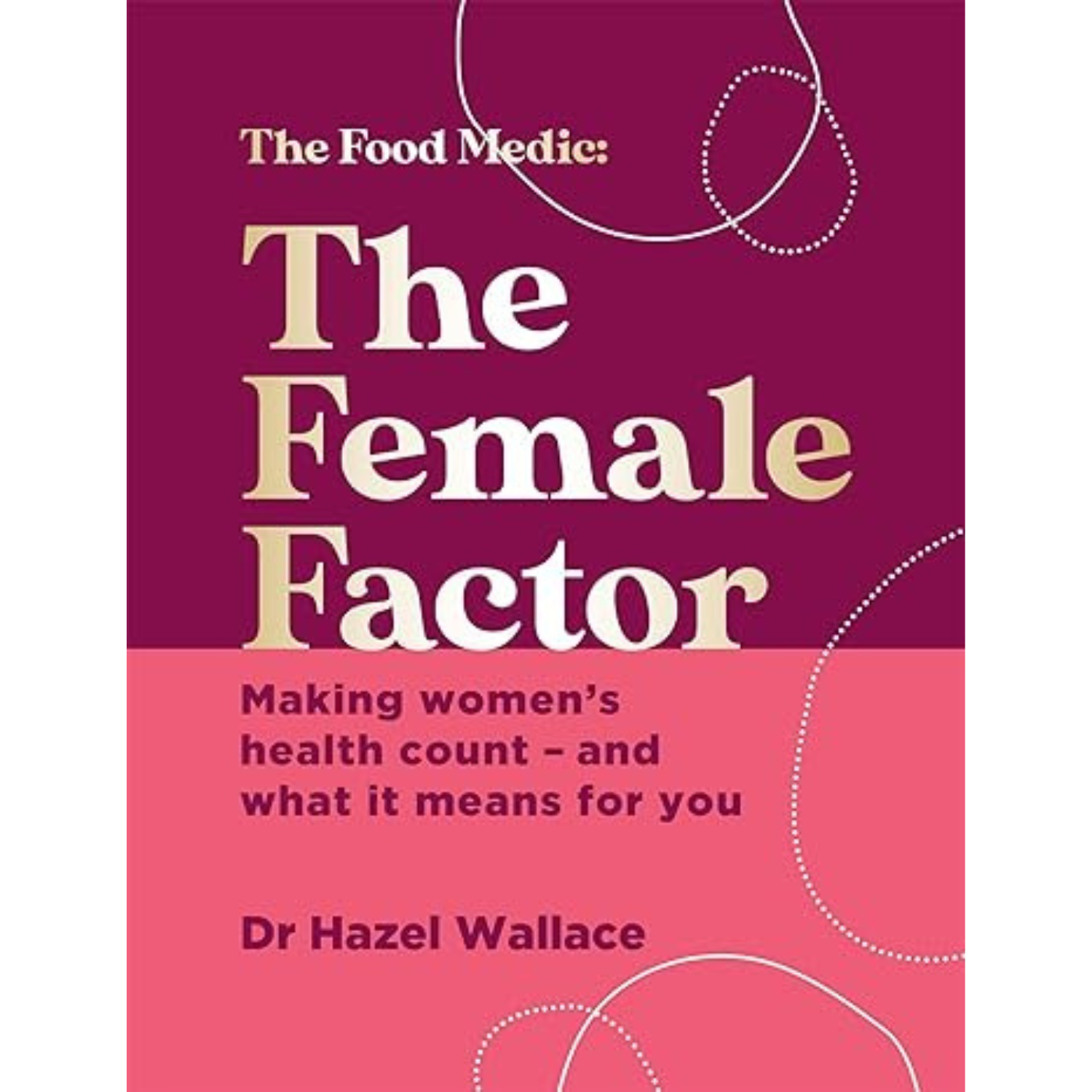As Oatzempic trends as an at-home version of Ozempic - top pros warn it's yet another damaging health fad
Here, they explain exactly why it's so dangerous.
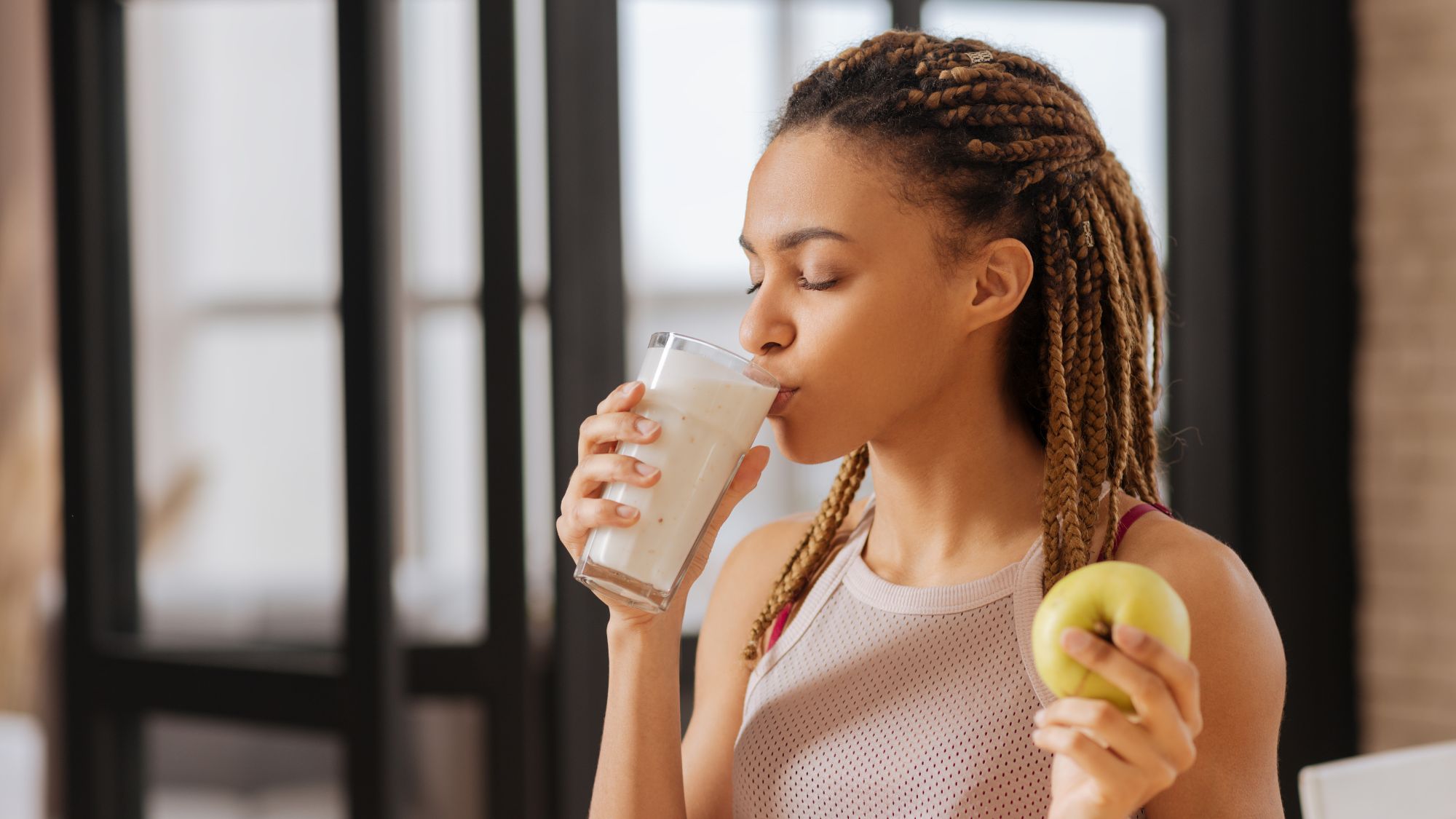

It's easy to think that we've reached a healthy point of respect for our bodies, fuelling and moving them for both mind and body and from a place of love, rather than hate. Then yet another fad diet or dangerous workout routine goes viral on the internet and we're reminded that diet culture is still alive and kicking. Doing the rounds right now? "Oatzempic."
If you've never heard of it, let us explain. A bit like "nature's Ozempic" supplement Berberine, Oatzempic claims to be a "natural" oat-based drink with the same results as the now infamous diabetes and weight loss drug. The at-home alternative currently has millions of views and counting on TikTok and is also at breakout search on Google, indicating a steep rise in interest.
Ozempic for weight loss exploded in popularity last year, with black market Ozempic options popping up left, right and centre. For the many of us who work in the health and fitness industry, the rise in interest in Ozempic felt like a step back. After years of advocating for mindful movement, intuitive eating and healthy living to boost mental health, the "cure-all" fat loss jab being given the all clear for use screamed quick fix. Not only that, but many top experts we spoke to at the time voiced their concerns that there simply hasn't been enough research on the long-term effects to warrant widespread rollout.
Naturally, we were keen to learn more about this so-called wonder drink. I'm a Health Editor with seven years of experience under my belt, you see, so know from the experts I speak to day in, day out, that fat loss is always multifaceted. Any one product that promises the world is likely not only a fad but a dangerous one, too.
To get to the bottom of the trending drink and learn more about what exactly oatzempic is, we've spoken to nutritionist and founder of Rhitrition Rhiannon Lambert. Below, she shares her advice - not to mention concerns - about the latest trend.
Oatzempic is trending on TikTok - but it's yet another diet fad that'll do more harm than good
What is oatzempic?
From the many TikTok videos about the drink currently doing the rounds, oatzempic mainly looks like a blend of oats, cinnamon, lime and water. The "advice" from largely unqualified experts online is to drink the concoction daily to lose fat.
Yet sadly, this simple premise means word of the drink has spread like wildfire. "Oatzempic has become a viral sensation on social media, quickly gaining popularity - but it's really worrying to see as a nutritionist," warns Lambert. She adds that trends that seem easy enough to follow while also promising dramatic body changes can be particularly dangerous as more people are willing to try them. "This only further spread misinformation," she continues.
Marie Claire Newsletter
Celebrity news, beauty, fashion advice, and fascinating features, delivered straight to your inbox!
@simplyhealthyrd ♬ original sound - Taylor Grasso | Dietitian
What does oatzempic claim to do?
"The word ‘Oatzempic’ is clearly a play on the medication Ozempic," Lambert continues. A bit of background on the latter for you, first - "Ozempic is the branded name given to a prescribed drug semaglutide, which was manufactured to improve blood sugar control in adults with type 2 diabetes," she shares. "These drugs work to suppress appetite by reducing the transit time of food through the gastrointestinal tract, which means the rate of digestion is reduced. As a result, significant weight loss is usually achieved when it's administered, which is the reason why this medication is now being prescribed to obese individuals who suffer from chronic disease."
That said, the nutritionist warns that she's not on board with the rollout of Ozempic, either. "These drugs are becoming worryingly available to many who don't suffer from chronic diseases, being used purely using it for weight loss," she goes on.
Onto Oatzempic, which she shares has "clearly been named to indicate that drinking it can result in significant weight loss." While there are plenty of reasons why this particular drink won't help you lose weight - more on that later - the expert highlights how multifaceted the issue truly is. "One of the huge issues with claiming that a drink can help you dramatically lose weight is that it sells the idea that dramatic fat loss is both desirable and achievable," she shares. "The reality is that body composition changes are best done slowly and sustainably. Oatzempic and other fads are just another terrifying and unsustainable weight loss strategy and can actually lead to an increase in weight gain."
Does oatzempic work?
As well as the pedestal Oatzempic puts fat loss on - and trust us, there is so much more to healthy living than being "thin" - Lambert stresses that it won't work. While there's evidence that oats can aid weight loss due to their fibrous and filling nature and in turn ability to support healthy digestion and appetite, she maintains that the recipe as a whole is meaningless.
That's because weight loss requires 360 lifestyle tweaks and is ultimately down to maintaining a calorie deficit alongside regular movement. Genetics and existing conditions such as PCOS also play a part in your weight and ability to lose fat, which only further highlights how nonsensical it is to suggest one oat-based drink could be the answer.
"Any fat loss achieved by people drinking this won’t be because of the magic potion of oats they're blending up," agrees Lambert. Remember: there's no way to tell whether what people are posting online is a legitimate reflection of their reality, and the likelihood is that anyone that focused on weight loss is also undergoing diet and lifestyle changes beyond one drink of oats a day.
On the physiological side of things, Lambert explains that switching from sugary cereals or breakfasts high in saturated fat to oats will come with benefits including satiety and regulated blood sugar levels. "But this isn’t to say that a blended drink with cinnamon and lime is the "right" breakfast, either," she goes on.
@eatingwell ♬ sail away (instrumental) - lovelytheband
What's the main problem with oatzempic?
Lambert stresses that the Oatzempic trend, like many fad diets or weight loss tools, can negatively impact your mental health, your relationship with food, and even your physical health. "The emphasis on rapid weight loss and quick-fix solutions promoted by such trends can lead to unrealistic expectations and feelings of failure if results are not achieved as quickly or dramatically as promised," she warns. "This can contribute to cycles of yo-yo dieting and feelings of frustration, guilt, or shame around food and body image."
Not to mention, the focus on how you look aesthetically can end up overshadowing the importance of your overall health and well-being, leading to disordered eating behaviours or negative body image issues. Her advice? If you do wish to lose weight - and more power to you, as we're not ones to judge and you know your body best -
do so from a place of love and with slow, sustainable, and manageable lifestyle tweaks that you can build into your routine over time."While Oatzempic or similar trends may offer short-term results for some individuals, it's essential to consider the potential long-term impacts on mental health and well-being," she concludes.
Over Oatzempic? A nutritionist's top tips for sustainable fat loss
Know this - nutrition can feel like a minefield at the best of times as ultimately, what works for you and your body won't work for the next person.
That said, one thing that's important to remember is nutritionists have spent years studying to be best positioned to advise on what small lifestyle tweaks you can make to boost both your body and mind. Below, Lambert shares her favourite hacks - not a restrictive "rule" in sight.
1. Opt for wholefoods, where possible
Not sure what we mean by this? "Fill your plate with largely unprocessed foods such as fruits, vegetables, whole grains, lean proteins, and healthy," the nutritionist advises. "These all provide essential nutrients, fibre, and antioxidants."
2. Focus on what you can add in, rather than taking away
This one's key and a really important tool for reframing your mindset from toxic diet culture "rules".
Try this: Instead of skipping your favourite morning toast for Oatzempic, think about what you can add to your bread for extra energy and nutrients. Lambert's go-to's are peanut butter, fresh fruit or a side of yoghurt for protein.
@rhitrition ♬ Summer - Instrumental - Devinney
3. Be mindful around food
"This includes listening to your body's hunger cues, practising portion control and enjoying meals without distractions," shares the nutritionist. This will all help foster a healthier relationship with food as you learn to understand that there is not a one-size-fits-all approach, she continues.
4. Respect your body's needs and know no two bodies are the same
Respecting your individual needs and your body is really important, too. Why? Well, if you've grown up around diet messaging and "good" and "bad" associations then it can feel weird to grab a snack when no one else is eating or saying no to something everyone else is salivating over.
But know this: "Your body and your requirements are just as unique as your personalities. What's important is to find out what you can do to best support your own health and well-being," reminds Lambert.
5. Factor in fun
Lastly, remember that food is as much about enjoyment, joy and soul as it is about nutrient density, vitamins and minerals.
Try this: Think about how you can make nutrient-dense, delicious meals out of ingredients you love. For example, MC UK Senior Health Editor Ally Head loves experimenting with new recipes that balance veg, protein, fat and carbs, her current go-to being nutritionist Emily English's fresh herb, spring onion and avocado sourdough toast with cottage cheese and seeds for protein, hot honey, and chilli flakes.
Shop MC UK approved nutrition books now:
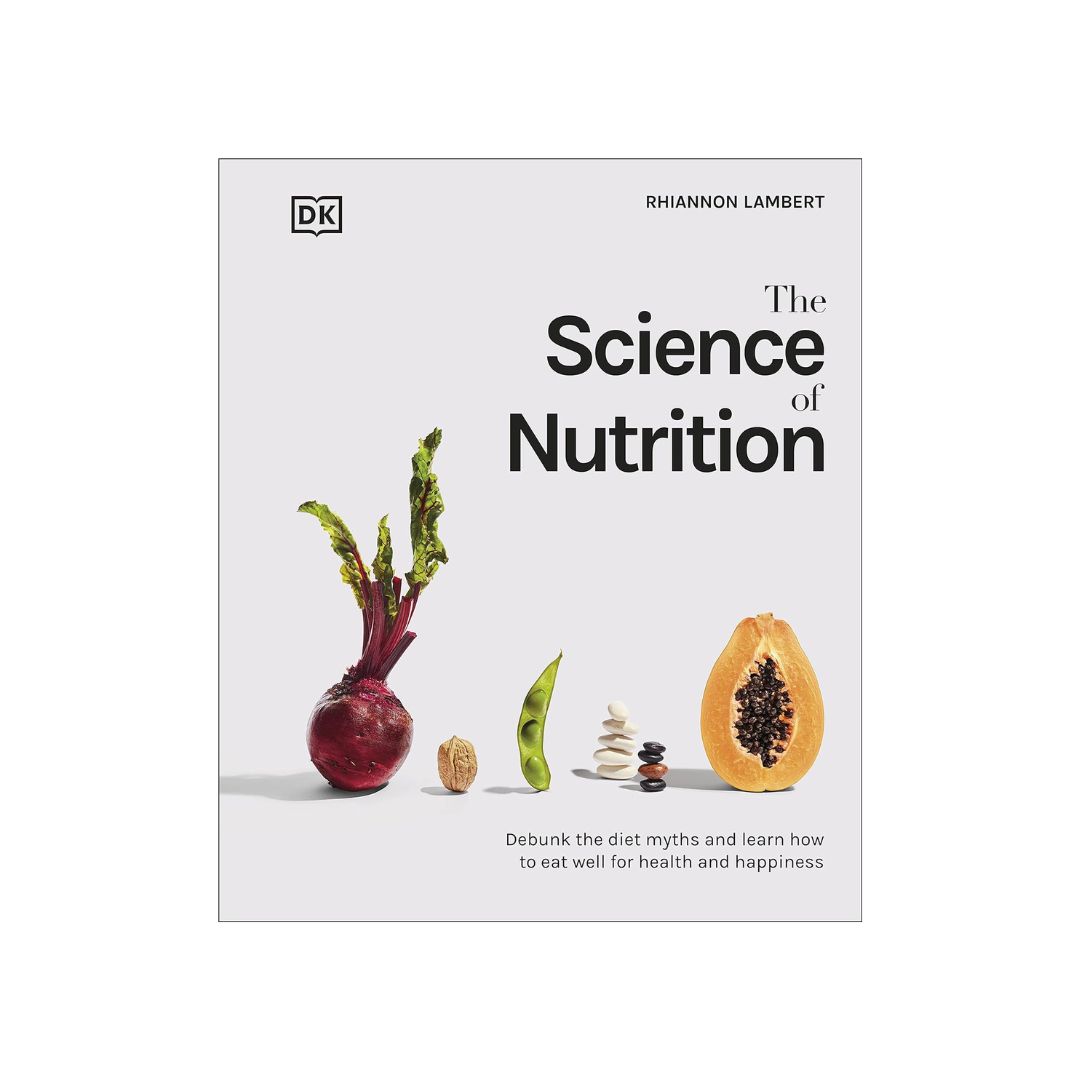
Learn all about the why behind healthy nutrition recommendations from Lambert herself in this best-selling book.

This book, by leading sports dietitian Renee McGregor, is a clear and authoritative guide to making the most of your nutrition. Whether you're into eating to fuel your workouts and competitions or just looking for day-to-day guidance, McGregor shares her knowledge for better eating without fads.

Chloe Gray is a freelance journalist who writes and talks about health, fitness, and wellbeing through a feminist lens. She was part of the launch team for Stylist magazine's fitness brand, Strong Women, and has written for i news, Women's Health, Red magazine, Good Housekeeping, Refinery29, and more. She's all about building mental and physical strength, eating delicious food that fuels you well, and making the fitness industry more accessible and enjoyable. She's also a qualified fitness trainer and research nerd, so you can be sure everything you read is backed by proper science.
-
 Prince Harry's "proud" words about wife Meghan Markle are going viral
Prince Harry's "proud" words about wife Meghan Markle are going viralBy Jenny Proudfoot
-
 Sources have opened up about Timothée Chalamet and Kylie Jenner's "intense" start to the year
Sources have opened up about Timothée Chalamet and Kylie Jenner's "intense" start to the yearBy Jenny Proudfoot
-
 Two Hollywood actresses were offered the role of Carrie Bradshaw before Sarah Jessica Parker
Two Hollywood actresses were offered the role of Carrie Bradshaw before Sarah Jessica ParkerBy Jenny Proudfoot
-
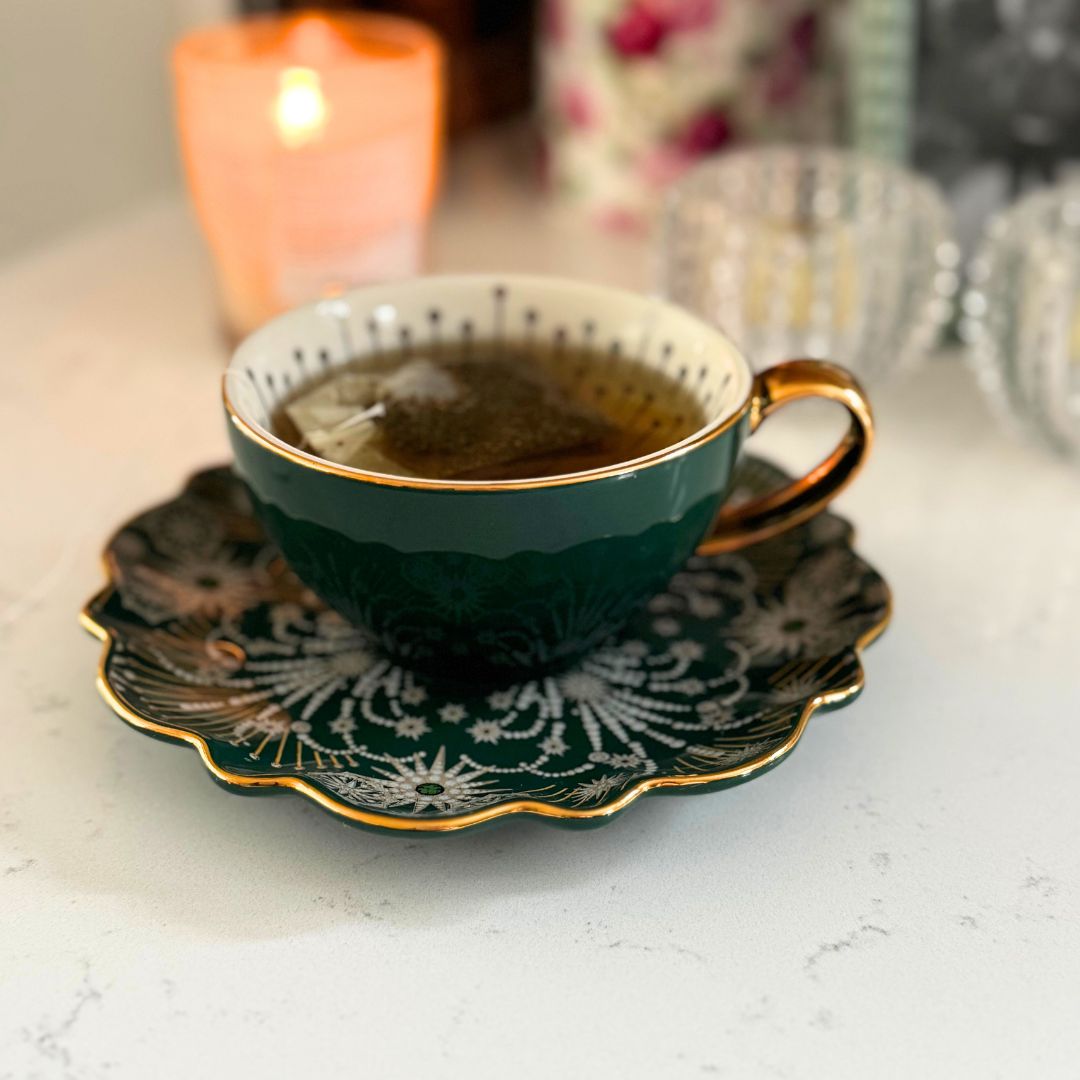 I tried TikTok's lemon balm tea for a week to see if it can really help to reset your nervous system - my honest review
I tried TikTok's lemon balm tea for a week to see if it can really help to reset your nervous system - my honest reviewSit back and pour yourself a cup of calm.
By Anna Bartter
-
 The entire UK seems to be obsessed with saunas RN - 9 benefits to know about, if you're considering giving them a go
The entire UK seems to be obsessed with saunas RN - 9 benefits to know about, if you're considering giving them a goEnter your Scandi girl era.
By Anna Bartter
-
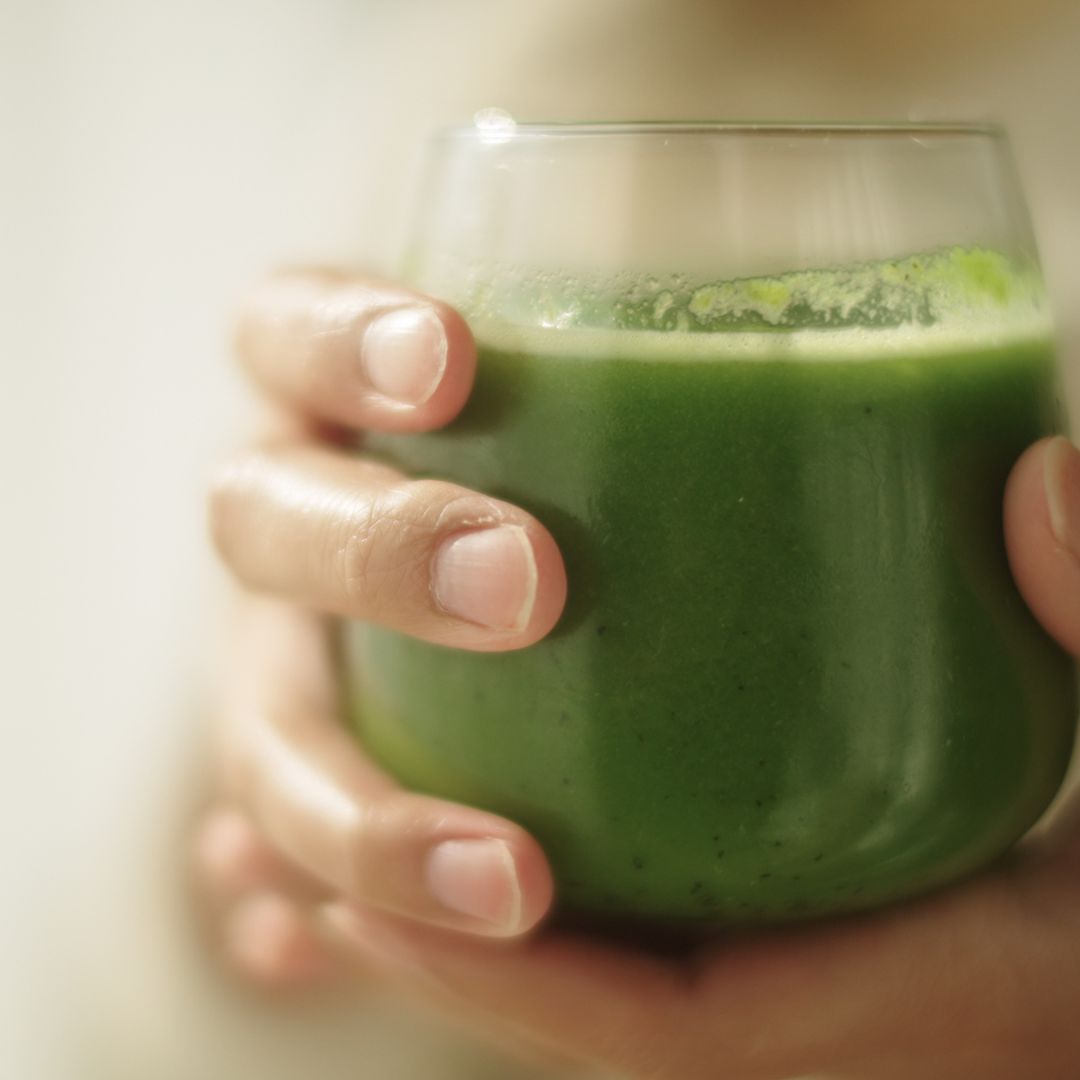 10 common nutrition myths a registered dietician swears they'd never follow - and wants you to avoid, too
10 common nutrition myths a registered dietician swears they'd never follow - and wants you to avoid, tooYou might find these surprising...
By Katie Sims
-
 I tried Jennifer Aniston's 80/20 approach to wellness - and can't tell you how refreshing I've found it
I tried Jennifer Aniston's 80/20 approach to wellness - and can't tell you how refreshing I've found itIt's all about balance.
By Katie Sims
-
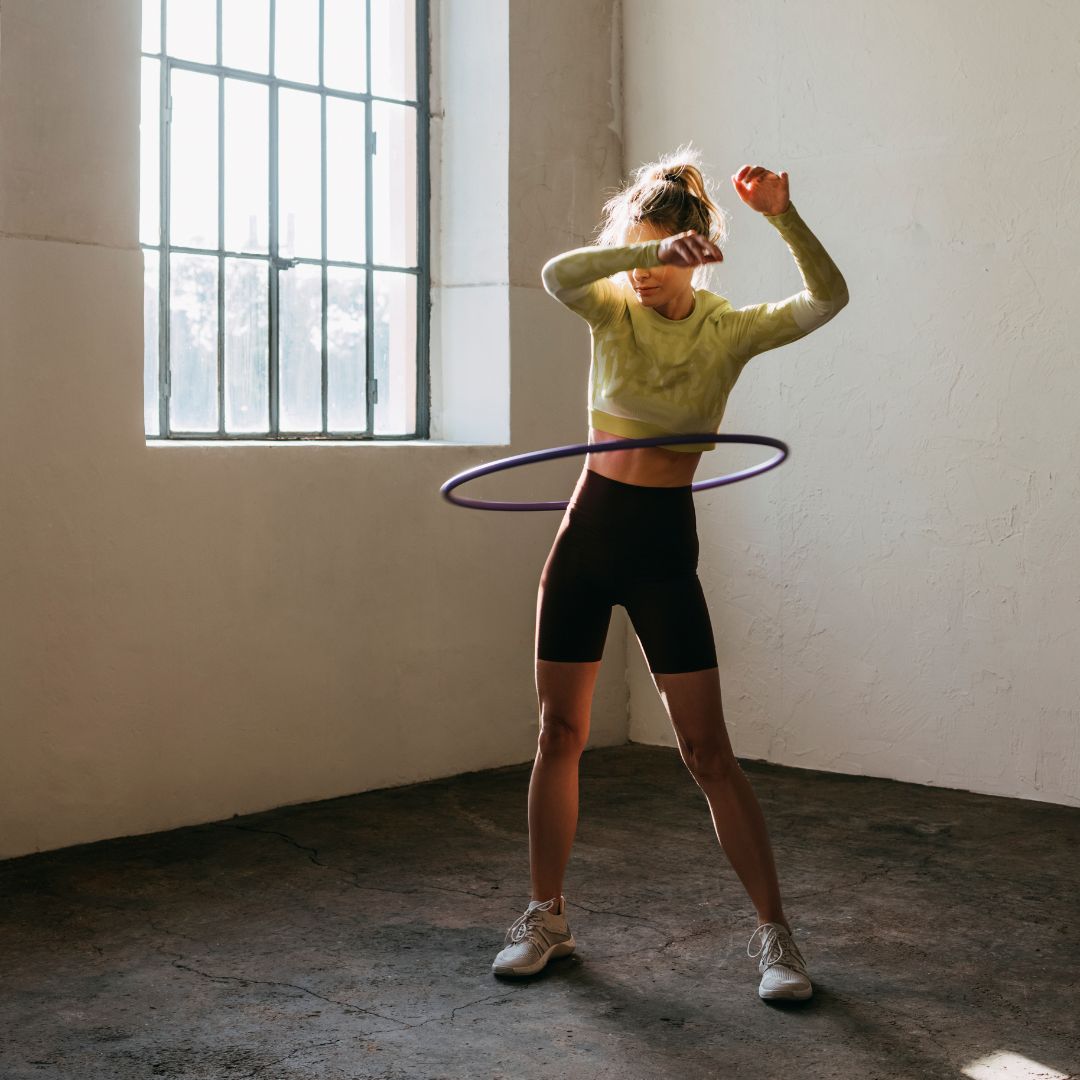 It's one of the most fun home workouts you can do: 6 best exercise hula hoops to add to your fitness regime
It's one of the most fun home workouts you can do: 6 best exercise hula hoops to add to your fitness regimeThey're very affordable, too.
By Amelia Yeomans
-
 As a Health Editor who works out six times a week, here's how cold water showering transformed my post-workout routine
As a Health Editor who works out six times a week, here's how cold water showering transformed my post-workout routineMira Showers' ColdBoost technology has been a game-changer.
By Ally Head
-
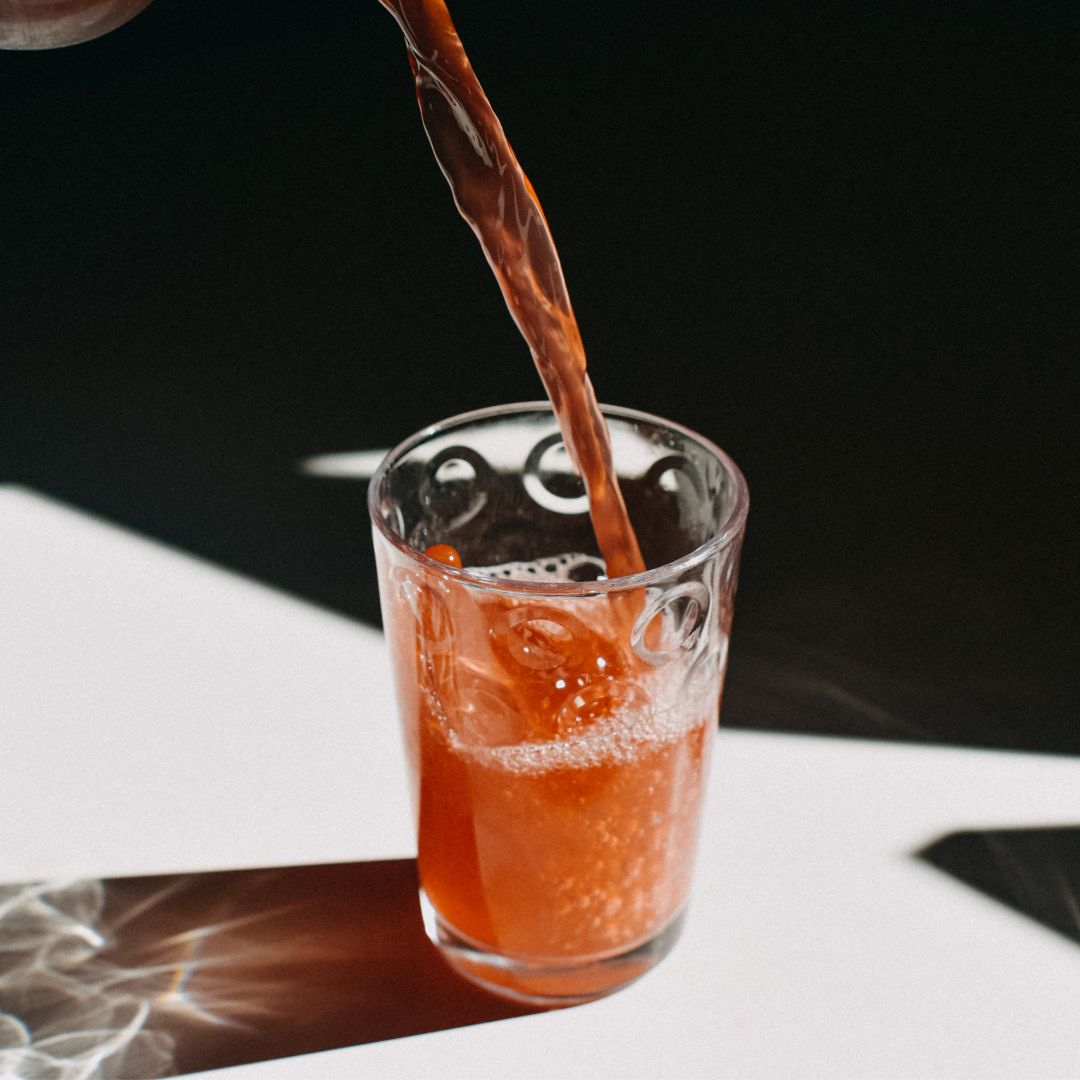 Been consistent with your probiotic supplements but not feeling any different? 5 simple reasons why
Been consistent with your probiotic supplements but not feeling any different? 5 simple reasons whyDaily supps not boosting your wellbeing?
By Ally Head
-
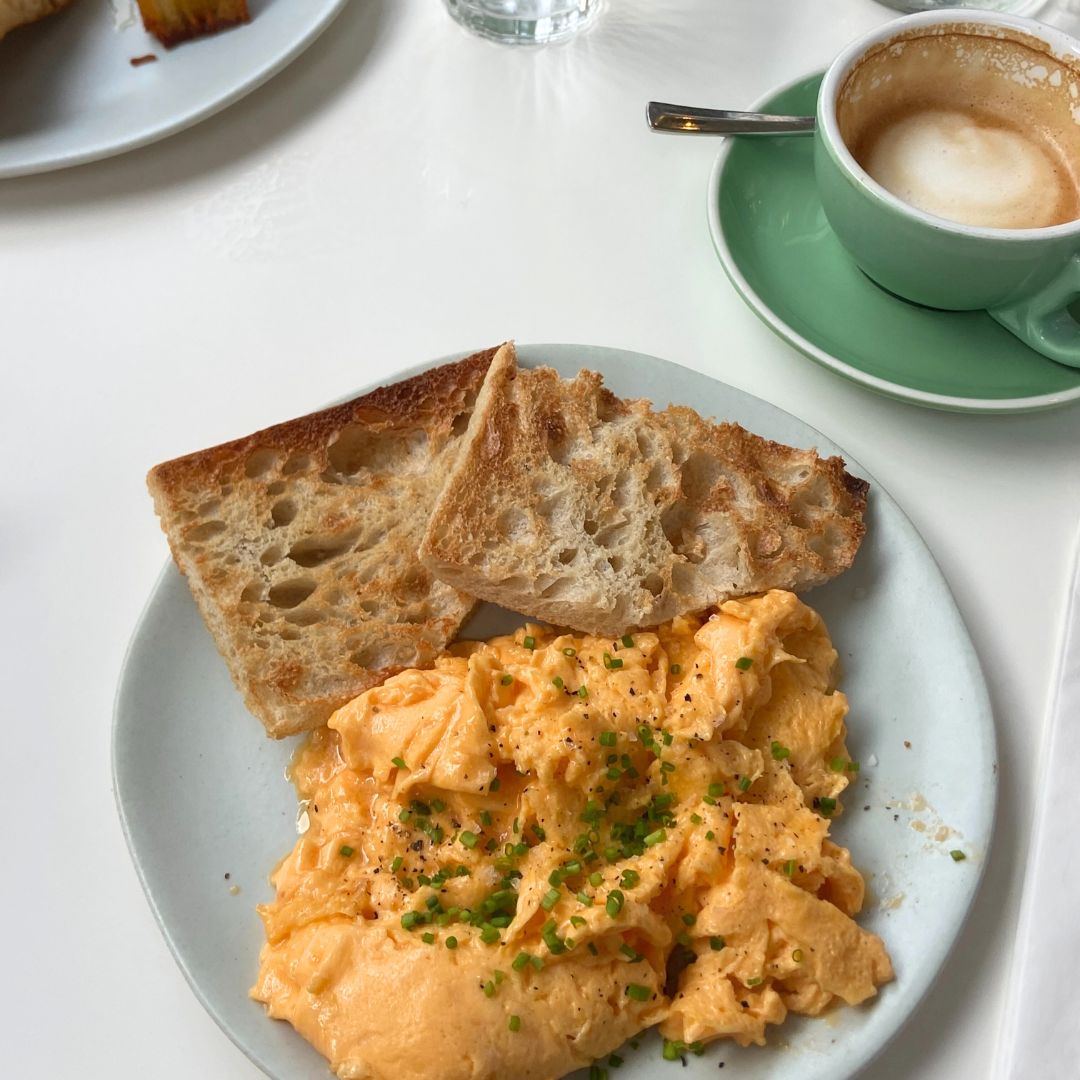 I tried eating high protein breakfasts every day for seven days - and my energy and hunger levels have never felt so balanced
I tried eating high protein breakfasts every day for seven days - and my energy and hunger levels have never felt so balancedKickstart your day with a high protein feast.
By Anna Bartter
